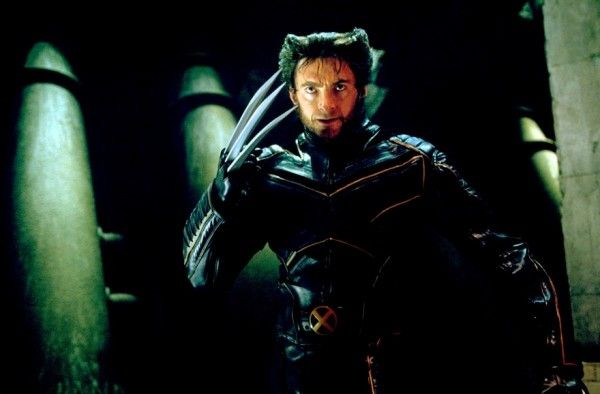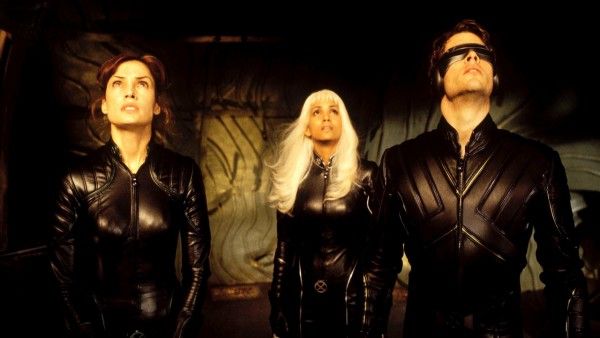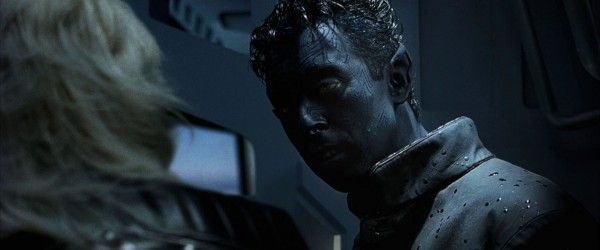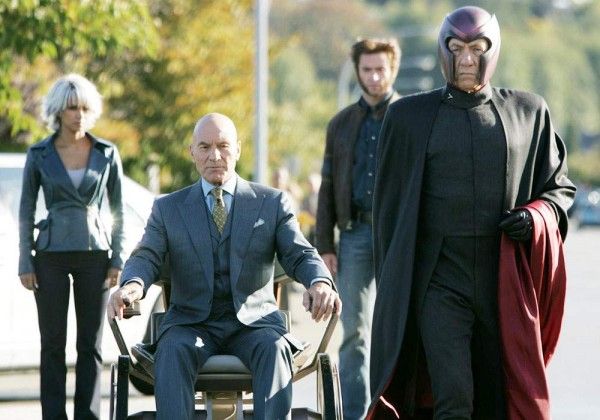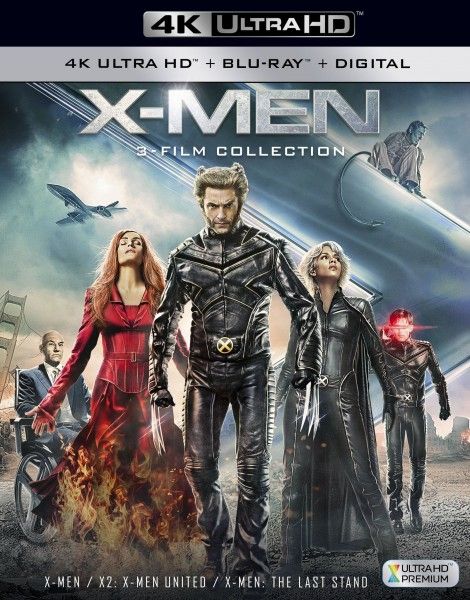From a historical perspective Bryan Singer’s X-Men, along with Sam Raimi’s Spider-Man, is an essential movie for blockbusters. It started the new age of superhero cinema, taking what was a cheesy and limited genre and trying to usher it into a more realistic and immediate space with the help of bold narrative moves and new strides in digital effects. And yet the thing that has hurt the X-Men Trilogy the most aren’t dated VFX or the leaps forward made by films like The Dark Knight and the MCU. What hurts X-Men now is how much it feels like a missed opportunity.
There are three major problems with the X-Men Trilogy. The first is how the narrative eventually undid these movies so that, technically, in the world of the X-Men, these stories no longer exist. If you move forward in the franchise, you’ll eventually hit X-Men: Days of Future Past (spoilers ahead for that movie). In that film, Wolverine’s consciousness goes back in time to the 1970s to prevent Mystique from assassinating Dr. Bolivar Trask, which sets off a chain reaction that leads to the near-extermination of mutant-kind. Wolverine is overly successful, saving not just mutants, but characters who died in previous X-Men movies like Jean Grey and Cyclops. We don’t know what exactly changed, but however it went down, it’s not like it was in the original X-Men Trilogy. You’re watching stories from a timeline that no longer exists. It feels like Singer has disowned these movies before you even start watching them.
A larger problem is that Bryan Singer and Brett Ratner, in addition to being two guys accused of sexual assault, are not particularly interesting directors. Unlike Sam Raimi, who is usually willing to let you know you’re watching a Sam Raimi movie, Singer and Ratner don’t have a distinctive visual style. They’re competent journeymen, which, to be fair, is what 20th Century Fox was looking for at the time. There was no room to really rock the boat because the ship was still under construction. The studio played it safe, and it’s not like audiences automatically flock to something just because it’s different (2004’s dull The Punisher made $33 million while 2008’s far superior and visually dynamic Punisher: War Zone only made $8 million). However, the films now look staid and uninteresting, and while they benefit from the 4K upgrade, only X2 really has the show-stopping moments where you’d use the disc to show off your system.
But the largest problem for X-Men Trilogy is that Singer, and to a greater extent, Ratner, don’t really understand what X-Men is about. The core of X-Men is about outsiders, about minorities, and how a majority population reacts to a minority. Singer’s X-Men movies have that, but they never probe too deeply. Yes, the conflict between Professor X and Magneto is still there, and in X2, Singer devotes a whole scene to a “coming out”, replacing the critique of racial discrimination of the original comics with a critique of homophobia of the present day. But can you look at any of the X-Men movies and see films that are really about us-vs-them? Because they need to be blockbusters, most X-Men movies are about superpowered mutants versus superpowered mutants, which has become increasingly tedious over the years.
Watching the X-Men Trilogy now, it’s harder to look at them as their own individual movies without seeing how much the superhero genre has surpassed them. Again, they’re important in what they contributed, but they’re missing elements—both from a visual standpoint and a thematic standpoint—that would give them staying power. To put it another way, a film like Logan wouldn’t have the same impact if the character of Wolverine hadn’t been built out over these movies. And yet when it comes to what I want to rewatch, I’d much rather sit down with Logan, a movie that actually has things on its mind and a great visual aesthetic to boot, than ever see X-Men: The Last Stand again.
Which brings us back to the question of whether or not you should upgrade to the X-Men Trilogy in 4K, and it’s hard to make the case that you should. I guess if you’ve never owned these movies and you’re a completist for X-Men movies, then these are the way to go (although who knows if movies like X-Men Origins: Wolverine and The Wolverine will ever get the 4K treatment). But if you already have the Blu-ray of X-Men and/or X2, there’s really no good reason to go back for the 4K upgrade. Yes, they look a bit nicer, but they also feel a bit more dated, and no visual upgrade can change that.


